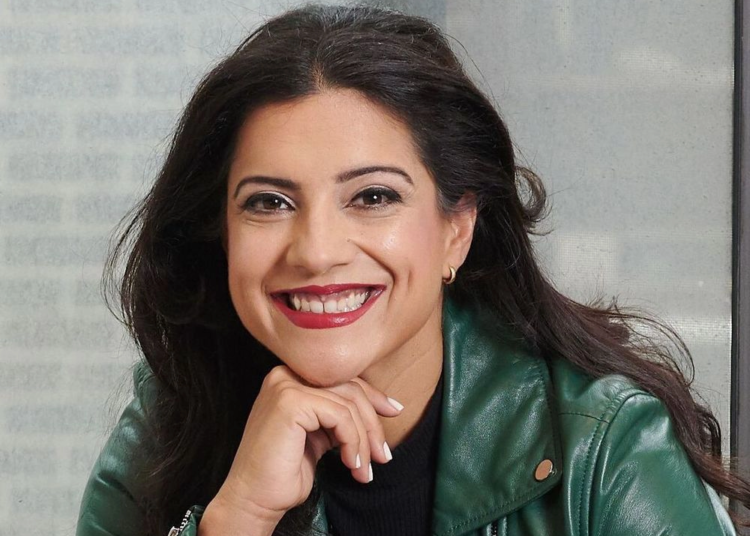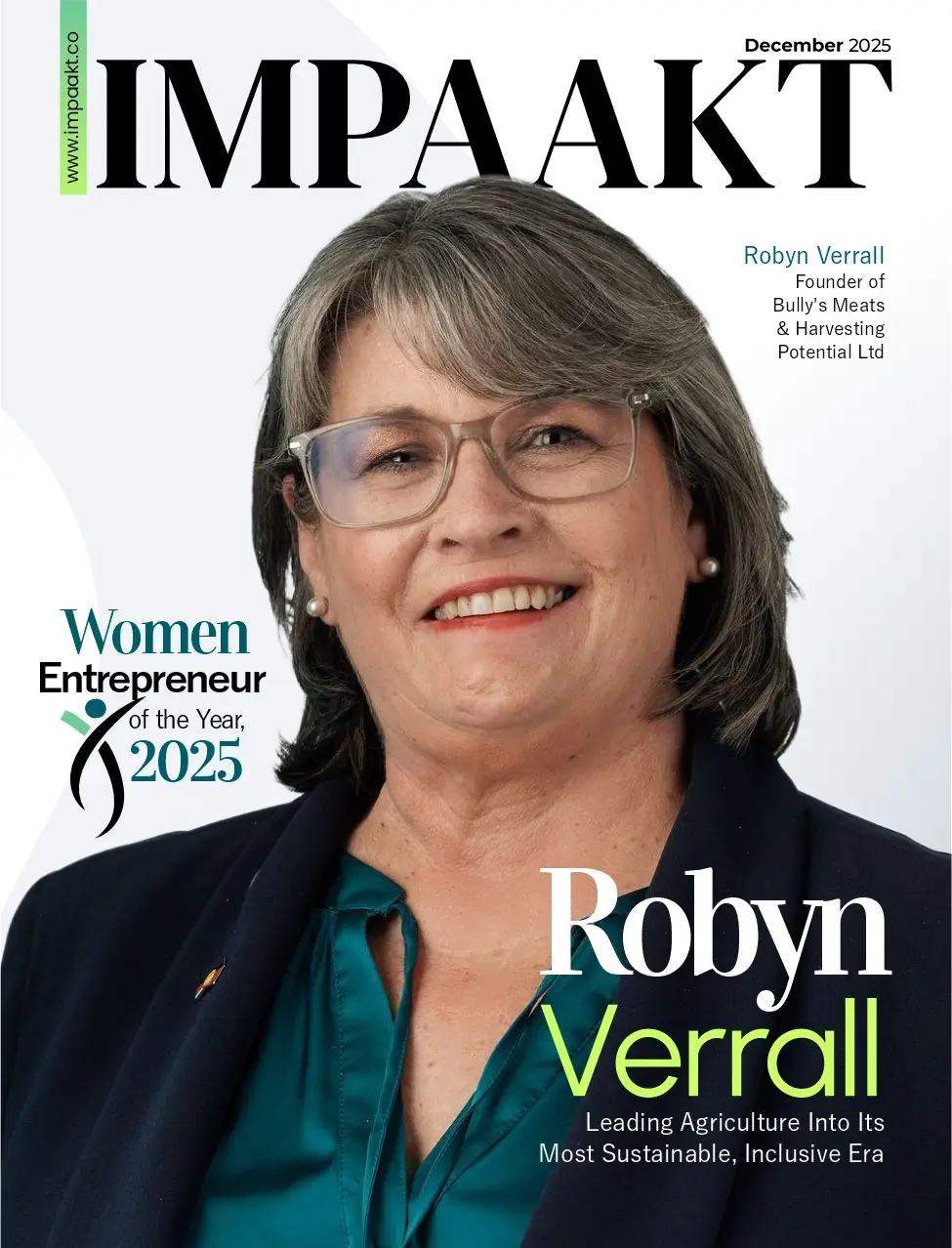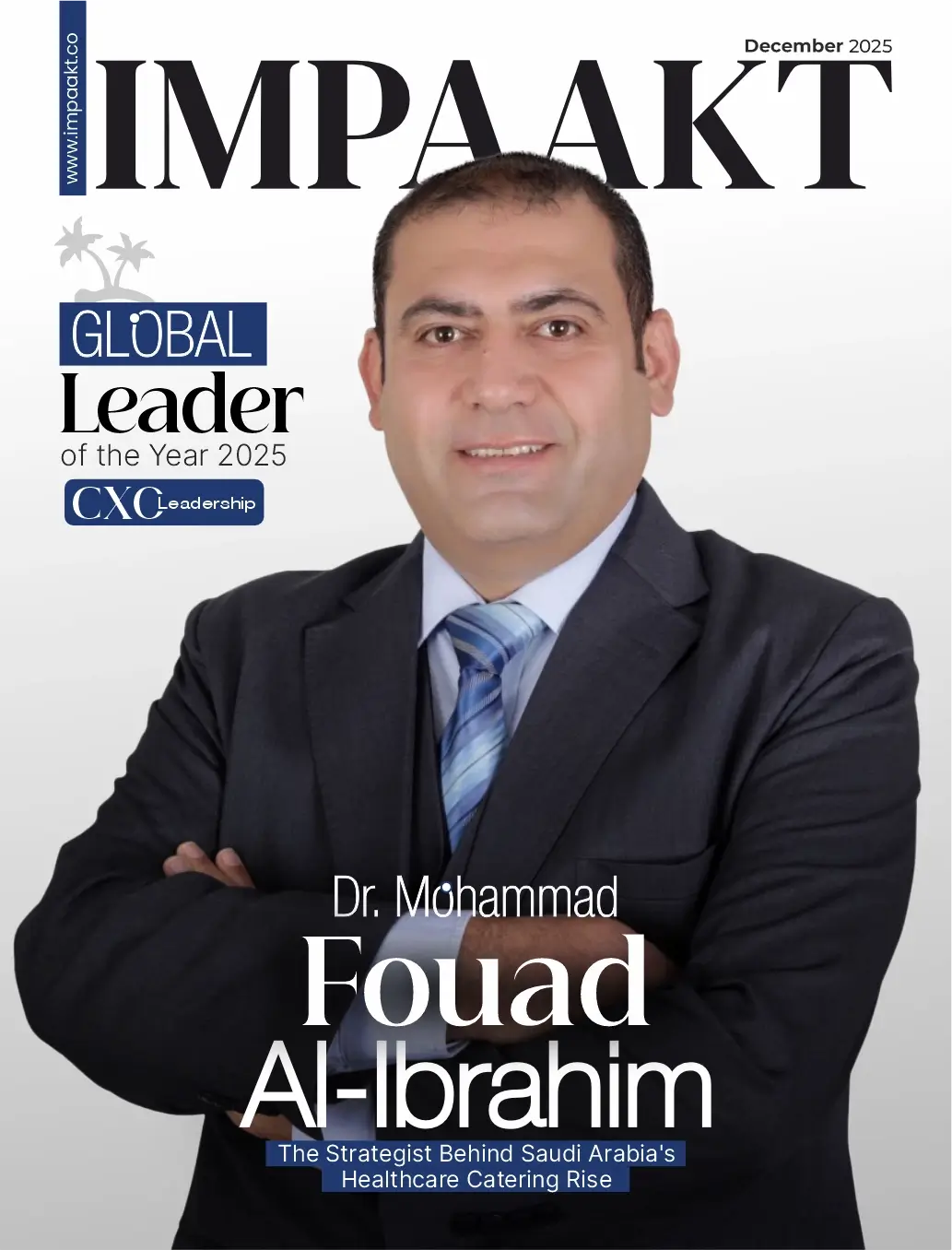The tech industry’s talent crisis isn’t about a lack of qualified candidates; it’s about a broken system that consistently overlooks half the population. While Silicon Valley spends billions on recruitment strategies and retention programs, the real solution was hiding in plain sight: start earlier, think bigger, and challenge the very foundations of how we define success. This is the story of Reshma Saujani, a lawyer-turned-activist who saw what others missed and built a movement that has fundamentally altered the trajectory of technology careers for an entire generation.
Saujani didn’t start as a tech evangelist. She began as a lawyer and Democratic organizer who, in 2010, became the first Indian American woman to run for U.S. Congress. The campaign was a spectacular failure. But in that loss, she discovered something profound: the girls she met on the campaign trail were brilliant, yet none were considering careers in technology. That observation would become the foundation for changing hundreds of thousands of lives.
Building Movements, Not Just Organizations
In 2012, Saujani founded Girls Who Code, an organization that has since educated more than 500,000 women and girls in computer science over 11 years. But numbers only tell part of the story. What sets Saujani apart isn’t just the scale of her impact—it’s her understanding that true equity requires systemic change, not charitable band-aids.
Her TED talk, “Teach girls bravery, not perfection,” has garnered more than 54 million views globally—a testament to how her message resonates far beyond Silicon Valley. Saujani recognized that the tech gender gap wasn’t just about coding skills; it was about societal conditioning that teaches girls to play it safe while boys learn to take risks.
“We’re raising our girls to be perfect, and we’re raising our boys to be brave,” she argues, cutting to the heart of why talented women often opt out of high-stakes careers. This insight became the philosophical foundation for Girls Who Code’s approach: create safe spaces for failure, celebrate iteration over perfection, and build sisterhood over competition.
The Pandemic Pivot: From Girls to Moms
When COVID-19 hit in 2020, Saujani watched millions of women—many of them Girls Who Code alumnae—forced out of the workforce due to childcare responsibilities. Rather than staying in her lane, she made a bold pivot that exemplifies true leadership: she launched what would become Moms First (formerly Marshall Plan for Moms).
As founder and CEO of Moms First, she’s fighting for the structural changes moms need and deserve, including affordable child care, paid leave, and equal pay. This wasn’t mission creep—it was mission evolution. Saujani understood that you can’t achieve gender equity in tech without addressing the systemic barriers that push women out of all industries.
The transition from Girls Who Code to Moms First demonstrates sophisticated systems thinking. After nearly a decade as CEO of Girls Who Code, Saujani stepped back to focus on the broader structural inequities that undermine women’s economic participation. It’s a masterclass in knowing when to scale yourself out of one success to tackle an even bigger challenge.
Media Maven and Thought Leader
In 2024, Saujani launched “My So-Called Midlife,” a podcast with Lemonada Media that quickly entered Apple’s Top 10 show chart, reached #1 in Health and Fitness, and was named one of the best new podcasts of the year by TIME magazine. This isn’t vanity content—it’s strategic platform building.
Through her podcast and New York Times bestselling books including “PAY UP: The Future of Women and Work,” Saujani has mastered the art of translating complex policy issues into accessible narratives. She understands that lasting change requires both grassroots organizing and cultural storytelling.
The Forbes Recognition and Future Vision
Saujani’s inclusion in Forbes’ Women To Watch in 2024 reflects her growing influence beyond the nonprofit sector. She’s become a sought-after voice on workplace equity, regularly consulted by Fortune 500 companies grappling with retention and inclusion challenges.
Her selection as Harvey Mudd College’s 2025 Commencement speaker signals her evolution from activist to institution—the kind of leader whose ideas shape the next generation of business leaders.
Redefining Success Through Equity
What makes Saujani’s approach revolutionary isn’t just what she’s built—it’s how she’s built it. She’s demonstrated that sustainable equity work requires entrepreneurs, not just advocates. She’s shown that movements need business models, that systemic change demands strategic thinking, and that true leadership means being willing to outgrow your own successes.
In an era where many leaders talk about equity, Saujani has spent over a decade building the infrastructure for it. She’s not just changing individual lives—she’s changing the systems that shape those lives. That’s the difference between charity and transformation, between good intentions and lasting impact.
For business leaders watching from the sidelines of the equity conversation, Saujani offers a compelling blueprint: start where you are, use what you have, do what you can. But most importantly, think bigger than your industry, your timeline, and your comfort zone. Because true equity isn’t about fixing broken systems—it’s about building better ones.











